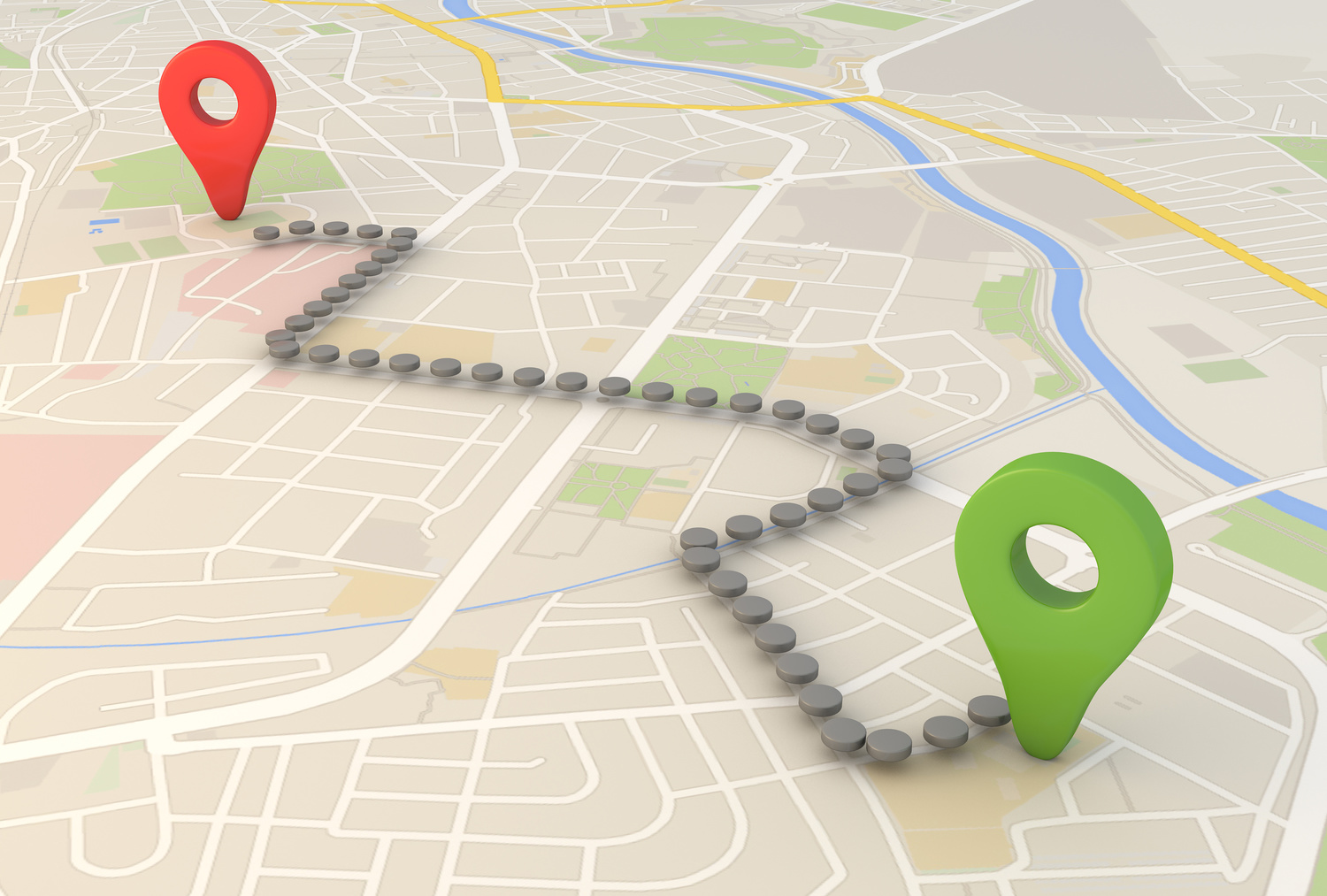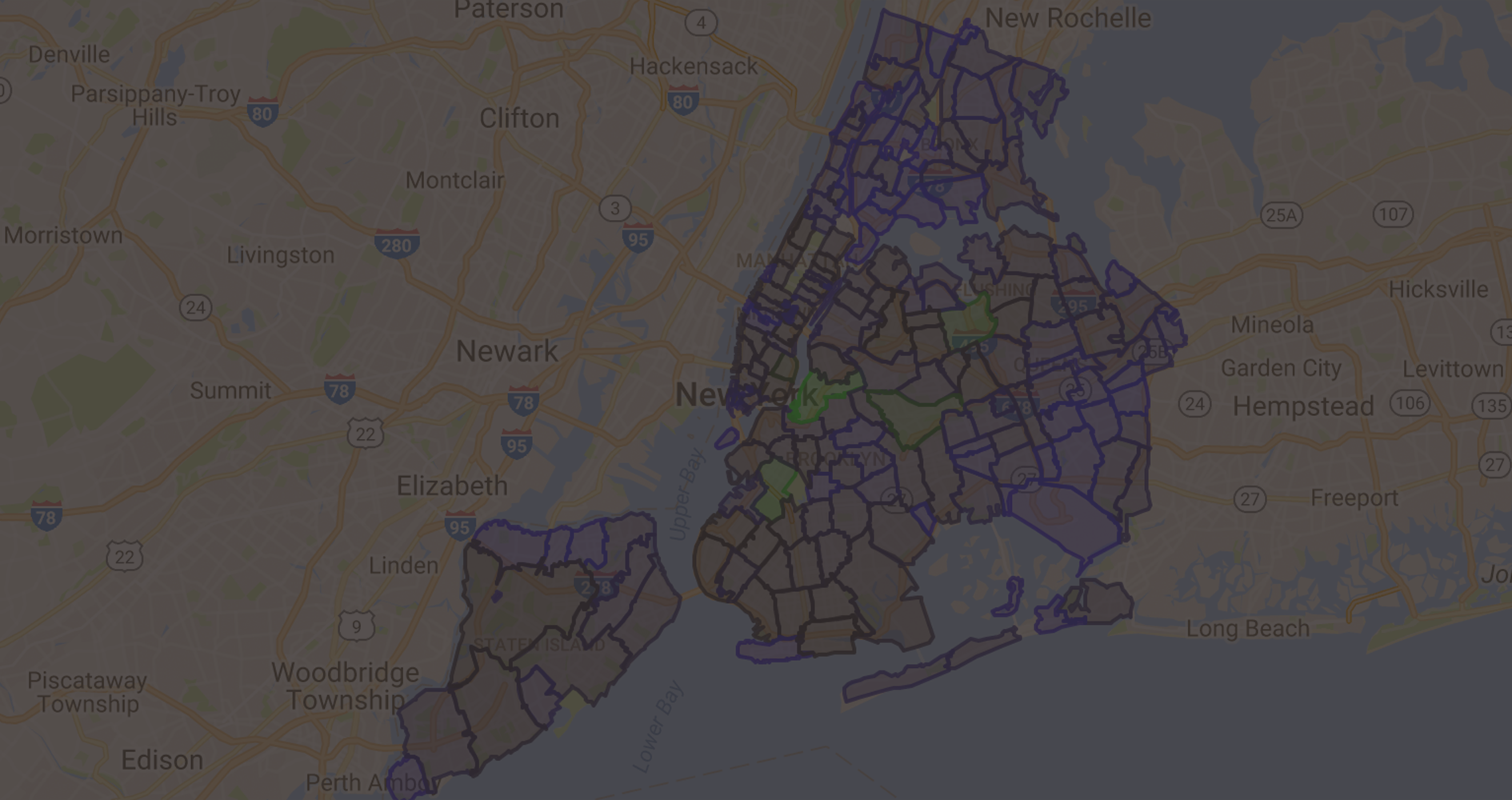With two out of three Americans owning smartphones and two billion units sold worldwide, smartphones have become indispensable tools for our modern, on the move lifestyles. We use them to find addresses and directions to stores, restaurants, and businesses; carry out local searches; find hotels near conference venues; and more. Users are also becoming very spoiled by all the information and services they have access to, and they are relying only on accurate, precise ones. It is up to companies to get better, improve their geolocation information, and become users’ first choices.
Content providers, such as map and navigation companies, are trying to reflect truthful data, so they collect data from different sources. Although there is definitely value in pulling from a variety of data sources, the quality of the data compiled can be questioned.
In a test to determine what kind of experience a tourist who wanted to have an expensive meal in Istanbul would have, we analyzed the quality of data Yelp provided for the top 10 most expensive restaurants. In our scenario, a user selected a restaurant and then used either navigation information or a map service to find the restaurant’s location and directions to get there. In this case, correct geolocation (address and coordinates) information is crucial. The results of our analysis showed that the three top providers, Google, Bing, and Inrix, successfully found 60% of all restaurant’s locations, while the remaining 40% of the restaurants could not be placed on the map, mostly due to Yelp’s imprecise information.
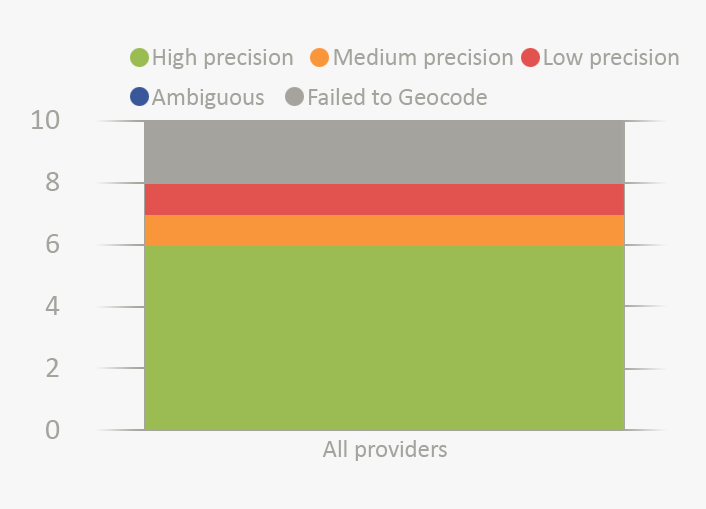
On the other hand, we analyzed these restaurants’ findability in the world’s top map provider databases. In the chart below, we can see that although most of the restaurants were found, there are differences in distance between the locations given in the databases and in Yelp and sometimes even between the locations given the databases themselves.
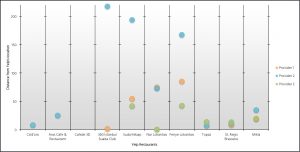
So we must ask who has accurate, current geolocation information. How would you feel if you found out at the last minute that you needed to take a ferry or boat to get to a restaurant and that you would have known earlier if you had used another service?
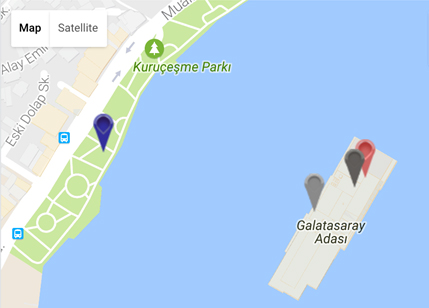
Based on results from our analysis, we concluded that map and navigation companies should constantly work on improving geolocation information, keeping it current and up to date. High-quality data improves user experience, attracts customers, and increases a company’s reliability.


